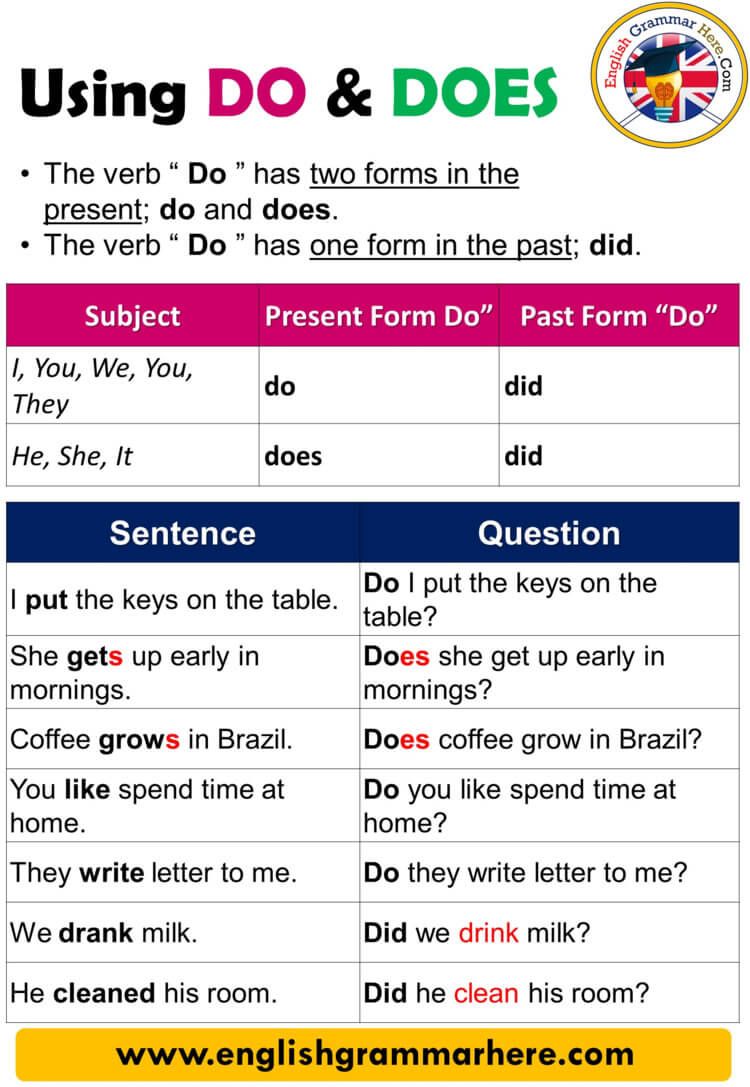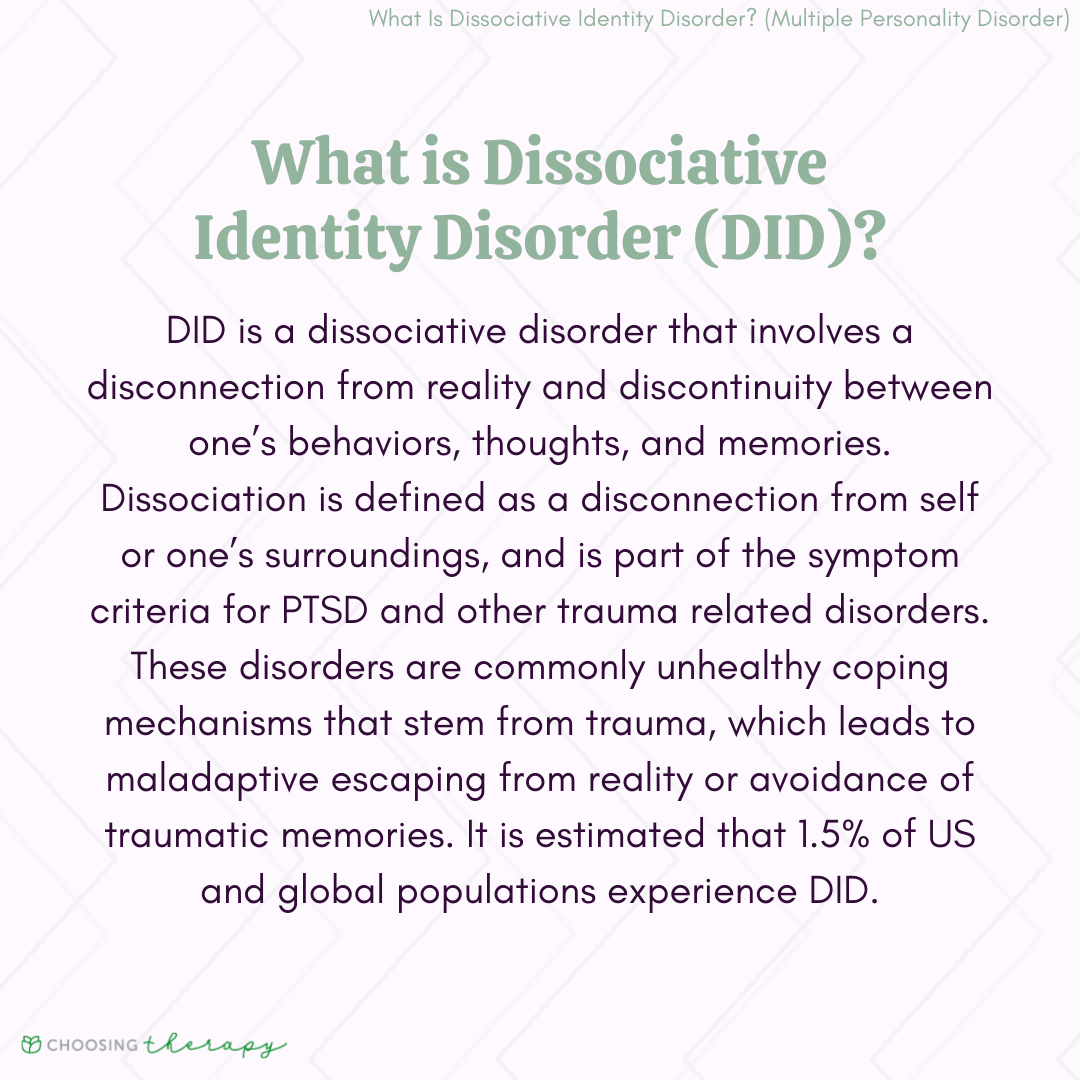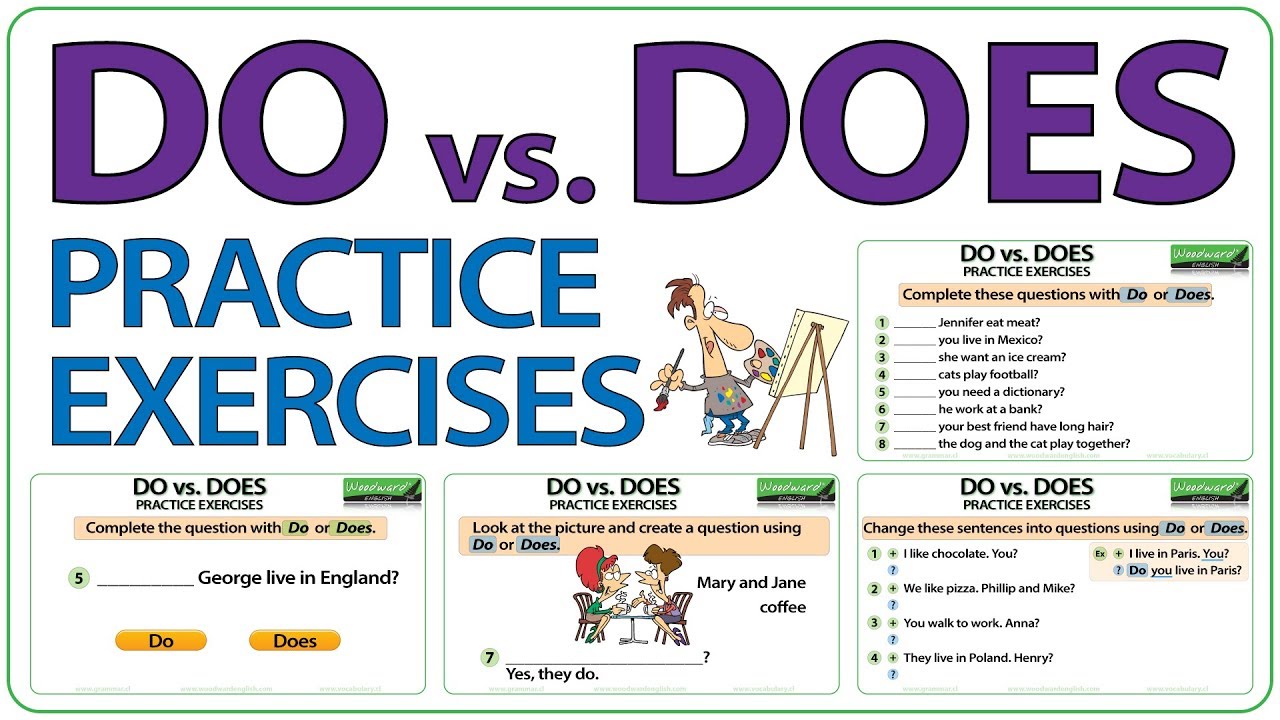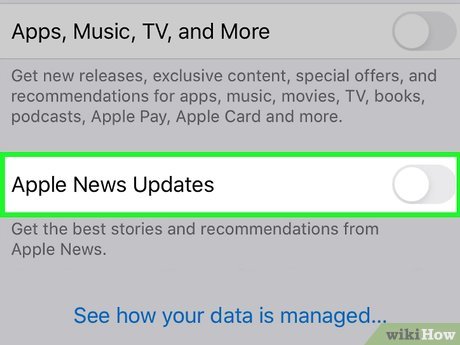Understanding the Purpose Behind the U.S. Department of Education’s Career Clusters Initiative
Introduction: The Foundation of Career Clusters
The U.S. Department of Education developed Career Clusters to revolutionize career and technical education (CTE) by grouping similar occupations and industries into organized frameworks. This initiative aimed to provide students with clear pathways for career exploration, skill acquisition, and transition into the workforce or further education. The concept of Career Clusters, established in the early 2000s and modernized in recent years, serves as a bridge between academic learning and real-world career opportunities, aligning educational programs with industry demands and labor market trends [2] [3] [5] .
The Rationale for Developing Career Clusters
In the early 1990s, the Department of Education recognized the need for a more systematic approach to reporting student participation in various career fields. Grouping courses and classes facilitated easier state-level reporting and tracking of students within specific career and technical education sectors [1] . This structure evolved from programs and pathways to the now widely adopted Career Clusters framework.
The primary motivations included:
- Creating Consistency : Establishing a common architecture for CTE programs across the nation, allowing for more consistent and high-quality educational experiences [2] .
- Industry Alignment : Ensuring CTE programs are responsive to evolving industry needs and preparing students with up-to-date skills required by employers [5] .
- Pathway Clarity : Providing students with clear pathways from secondary education to postsecondary options and careers, making transitions smoother and more predictable [3] .
- Improved Reporting : Facilitating better data collection and analysis for measuring student outcomes and program effectiveness [1] .
How Career Clusters Work
The Career Clusters Framework organizes CTE into groupings of similar occupations and industries, currently comprising 14 major clusters and 72 sub-clusters. Each cluster encompasses various career pathways, which are sequences of courses designed to prepare students for specific career fields or further education [3] [4] .
For example, the Business Management Cluster teaches students about laws, regulations, and business operations, while the Engineering and Technology Cluster focuses on hands-on projects and rigorous curriculum to prepare for engineering careers [4] . The clusters are supported by cross-cutting skills that apply to multiple industries, ensuring students gain both occupation-specific and transferable skills.

Source: pacificutilityaudit.com
Benefits of Career Clusters for Learners and Educators
The development and implementation of Career Clusters offer multiple benefits:
- Inclusive and Learner-Centered Programs : The Framework is designed to be accessible for all students, allowing tailored experiences that meet individual needs and aspirations [2] .
- Enhanced Career Exploration : Students can explore a variety of occupational fields, make informed decisions about their education, and identify potential career paths early [4] .
- Industry-Responsive Curriculum : Programs are regularly updated to reflect changing labor market demands and technological advancements, ensuring relevance and employability [5] .
- Improved Educational Outcomes : Clear sequencing and alignment from high school to college and beyond result in higher student engagement and better long-term outcomes [3] .
Accessing Career Clusters Programs and Resources
If you are a student, educator, or parent interested in exploring Career Clusters, consider the following steps:
- Contact your local school district’s CTE coordinator to inquire about available Career Cluster programs and pathways. Most states have dedicated CTE departments that can provide guidance.
- Review your state’s Department of Education website for information on specific clusters, pathways, and program requirements. Search for terms such as “Career Clusters,” “CTE pathways,” or “Career Technical Education.”
- Explore national resources on Career Clusters through established organizations like Advance CTE. These platforms offer detailed guides, program frameworks, and implementation resources. You can visit Advance CTE’s Career Clusters page for comprehensive information and cluster definitions [3] .
- If you are seeking postsecondary options or specific career pathway guidance, consult community colleges, technical schools, and workforce development boards in your area. Many institutions align their programs with the Career Clusters Framework.
- For personalized career planning, use school counseling services or career advising offices. These professionals are trained in the Career Clusters Framework and can help students design educational plans that align with their career interests.
Challenges and Ongoing Improvements
While Career Clusters have been widely adopted, some challenges persist. Not every discipline or occupation received its own cluster in the original framework, which meant that fields like Family and Consumer Sciences had to advocate for inclusion and recognition [1] . The Framework continues to evolve, with ongoing modernization efforts focused on:
- Updating program designs and sequencing to reflect new industries and occupations.
- Aligning data systems for improved reporting and analysis.
- Strengthening educator and learner credentialing processes.
- Integrating industry and labor market information to keep curricula current [5] .
Advance CTE and its partners provide technical assistance to states updating their systems, ensuring that the Framework remains relevant and effective in preparing students for modern careers.

Source: redbubble.com
Alternative Approaches and Future Directions
Some states and districts supplement the Career Clusters Framework with local industry partnerships, specialized academies, or career-themed schools. These alternative approaches can offer more customized experiences, particularly in rapidly evolving sectors. Educators and policymakers are encouraged to seek input from industry representatives and advisory groups to ensure alignment with workforce needs and future trends [5] .
For those interested in implementing or accessing Career Cluster programs, proactive outreach and ongoing engagement with CTE leaders, industry partners, and educational institutions are recommended. Staying informed about updates to the Framework and best practices ensures that programs remain effective and responsive to student and employer needs.
Key Takeaways
The U.S. Department of Education developed Career Clusters to create a structured, industry-aligned framework for career and technical education. This system benefits students, educators, and employers by providing clear pathways to careers, supporting high-quality educational experiences, and ensuring alignment with labor market demands. Access to Career Cluster resources is available through local schools, state agencies, and national organizations like Advance CTE, with ongoing modernization efforts aimed at further improving the system for future generations.
References
- [1] AAFCS (2024). History and advocacy of Family and Consumer Sciences Career Cluster.
- [2] Advance CTE (2025). About the National Career Clusters Framework.
- [3] Advance CTE (2025). Career Clusters Framework and definitions.
- [4] DoDEA (2005). Career Technical Education Clusters Overview.
- [5] Advance CTE (2025). National Career Clusters Framework impact and modernization.
MORE FROM oncecoupon.com













